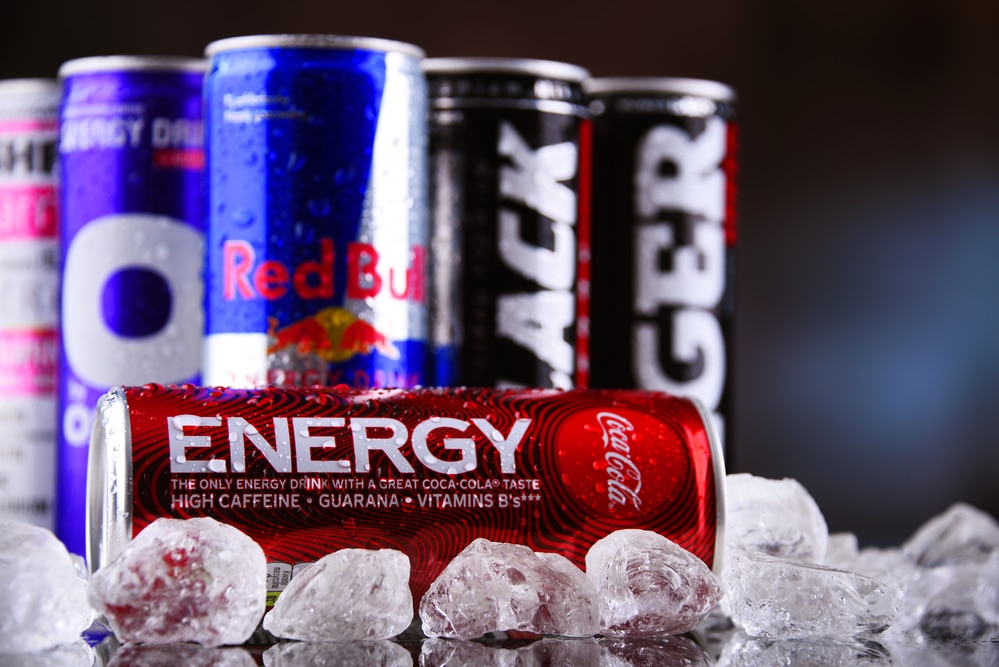
Functional beverages have become a staple in markets worldwide, with promises of improved health, energy, and wellbeing. But what does science say about the ingredients commonly found in these drinks? Let’s delve into some of the popular ingredients and examine the evidence behind their purported benefits.
Caffeine
Caffeine is one of the most common ingredients in energy drinks. It is a natural stimulant found in coffee, tea, and cacao plants. Studies consistently show that caffeine can boost alertness and improve concentration. However, it’s also well known that too much caffeine can lead to negative side effects like insomnia, nervousness, restlessness, irritability, stomach upset, rapid heartbeat, and muscle tremors.
Vitamins and Minerals
Many functional beverages are fortified with vitamins and minerals, including B-vitamins, vitamin C, and electrolytes such as sodium, potassium, and magnesium.
B-Vitamins
B-vitamins play a vital role in energy production in the body. For instance, vitamins B6 and B12 are crucial for normal brain development and for keeping the nervous system and immune system healthy. While they are necessary, there is little evidence that excessive amounts can improve performance in individuals with an already balanced diet.
Vitamin C
Vitamin C is an antioxidant that helps protect cells from damage. It is also necessary for the growth, development, and repair of all body tissues. While it is essential for health, the ascorbic acid in beverages won’t necessarily prevent colds or enhance immunity as often marketed.
Electrolytes
For sports drinks, electrolytes like sodium and potassium are key for hydration and maintaining proper fluid balance. They are particularly beneficial for athletes or individuals engaging in prolonged physical activity.
Antioxidants
Functional beverages often contain antioxidants, such as vitamin E, and plant-based substances like flavonoids and polyphenols. These compounds can neutralize free radicals and are believed to protect against chronic diseases. However, the effectiveness can vary greatly based on the type and amount of antioxidants and the composition of one’s diet.
Amino Acids
Some functional beverages include added amino acids, such as L-theanine or creatine.
L-Theanine
L-theanine, an amino acid found in tea leaves, promotes relaxation without drowsiness. Research indicates that it may work synergistically with caffeine to improve brain function.
Creatine
Creatine, a compound naturally found in muscle cells, is often added to sports beverages. There is substantial evidence to suggest that creatine supplementation can increase muscle mass, strength, and exercise performance.
Adaptogens
Adaptogens are non-toxic plants that are marketed to help the body resist stressors of all kinds, whether physical, chemical, or biological. These herbs and roots have been used for centuries in Chinese and Ayurvedic healing traditions, but scientific evidence supporting their effectiveness is still emerging.
Sweeteners
Functional beverages are often sweetened, either with sugar or non-nutritive sweeteners like aspartame, stevia, or sucralose. While sugar adds energy in the form of calories, non-caloric sweeteners offer sweetness without the added energy, which can be beneficial for weight management. However, their long-term health effects are still under investigation.
Conclusion
Functional beverages boast a range of ingredients with potential benefits. While many have been shown to offer certain health advantages, it’s essential to consume them in moderation as part of a balanced diet. Over-reliance on these drinks can lead to excessive intake of certain nutrients or other ingredients, potentially causing harm. Consumers should consult scientific guidance and consider their dietary needs before incorporating functional beverages into their routines.
Remember, information about dietary supplements is continuously evolving, and it’s important to stay informed through reputable sources to understand the true benefits and risks of these functional drink ingredients.



